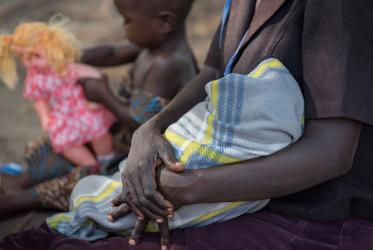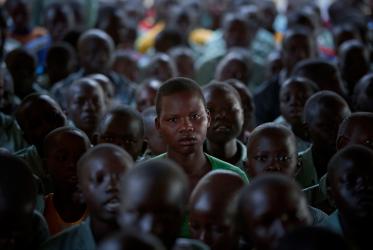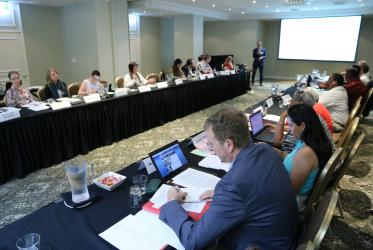Displaying 1 - 12 of 12
01 February 2024
The 58th meeting of the WCC’s Commission of the Churches on International Affairs
02 - 06 November 2021
Johannesburg, South Africa and online
Common prayer in Geneva responds to acts of violence
16 November 2015
WCC Executive Committee speaks out on migrant crises
12 June 2015







